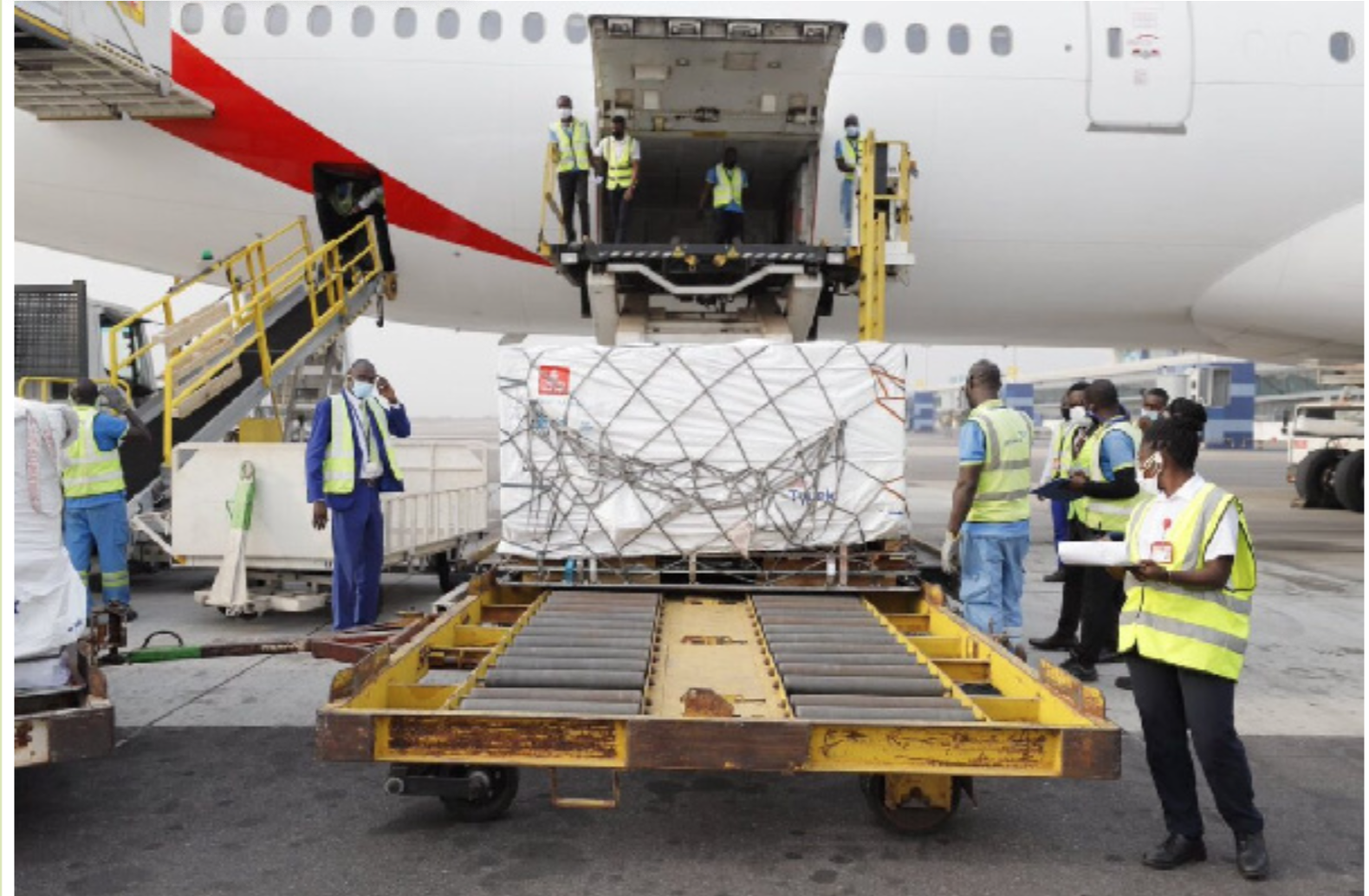
Four donor countries support Ghana with Astrazeneca vaccines
On 6th October, 2021, Ghana received over 500,000 doses of Astrazeneca vaccines from Germany, Denmark, Norway and Iceland through the COVAX facility to assist its vaccination programme. Receiving the vaccines, chairman of the health commodity group...
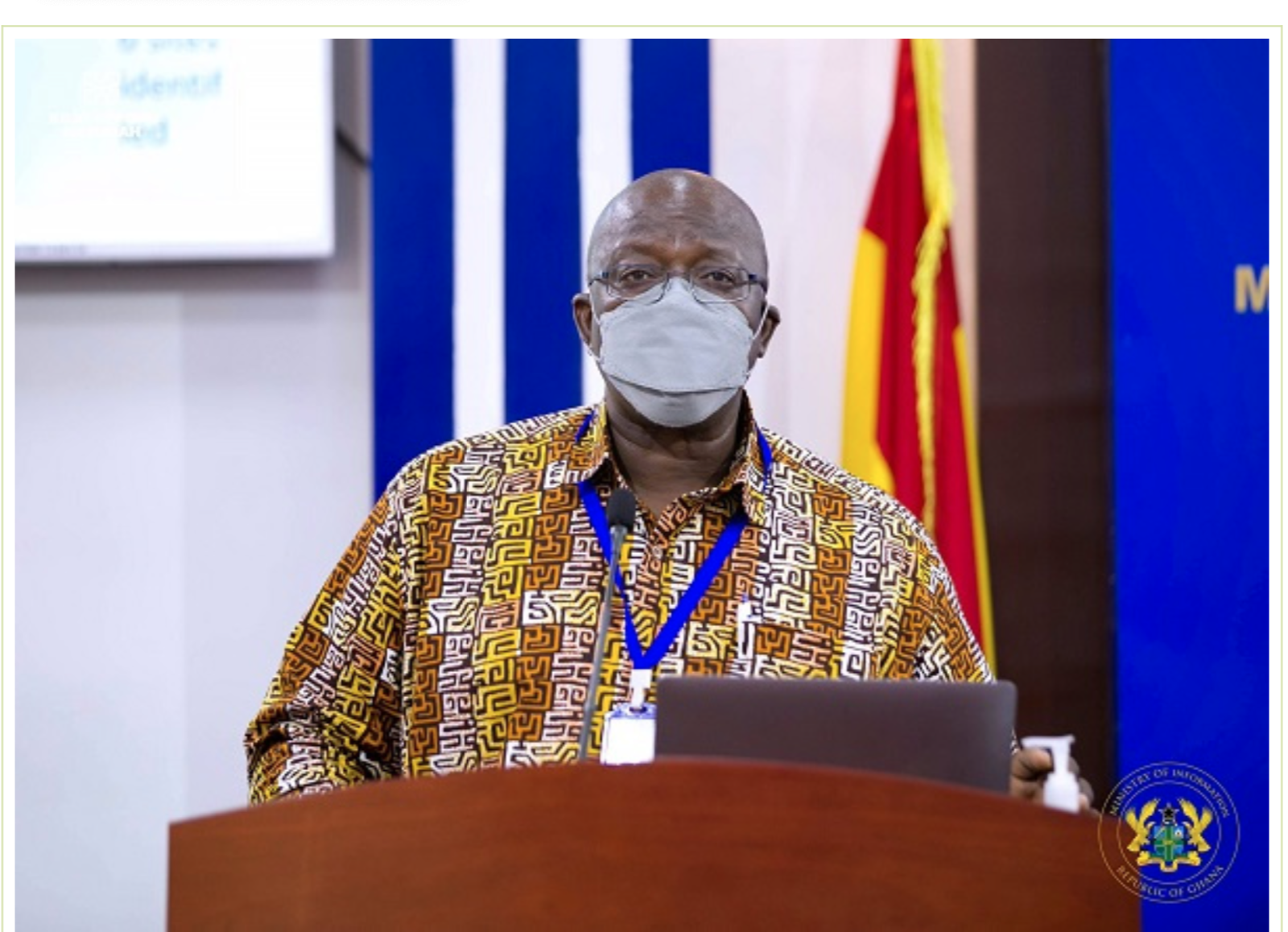
We need US$200 Million for the national vaccine institute- Committee
Following the global shortage of COVID-19 vaccines, the government of Ghana planned to establish a national vaccine institute. The mandate of the institute would include establishing local vaccine manufacturing plants, deepening research and development for vaccines....

Ministers of Health of Azerbaijan and Russia signed an agreement on health collaboration
First Deputy Minister of Healthcare and Acting Minister of Healthcare Teymur Musayev received a delegation led by Russian Healthcare Minister Mikhail Murashko. The event was attended by Ambassador Extraordinary and Plenipotentiary of the Russian Federation to...
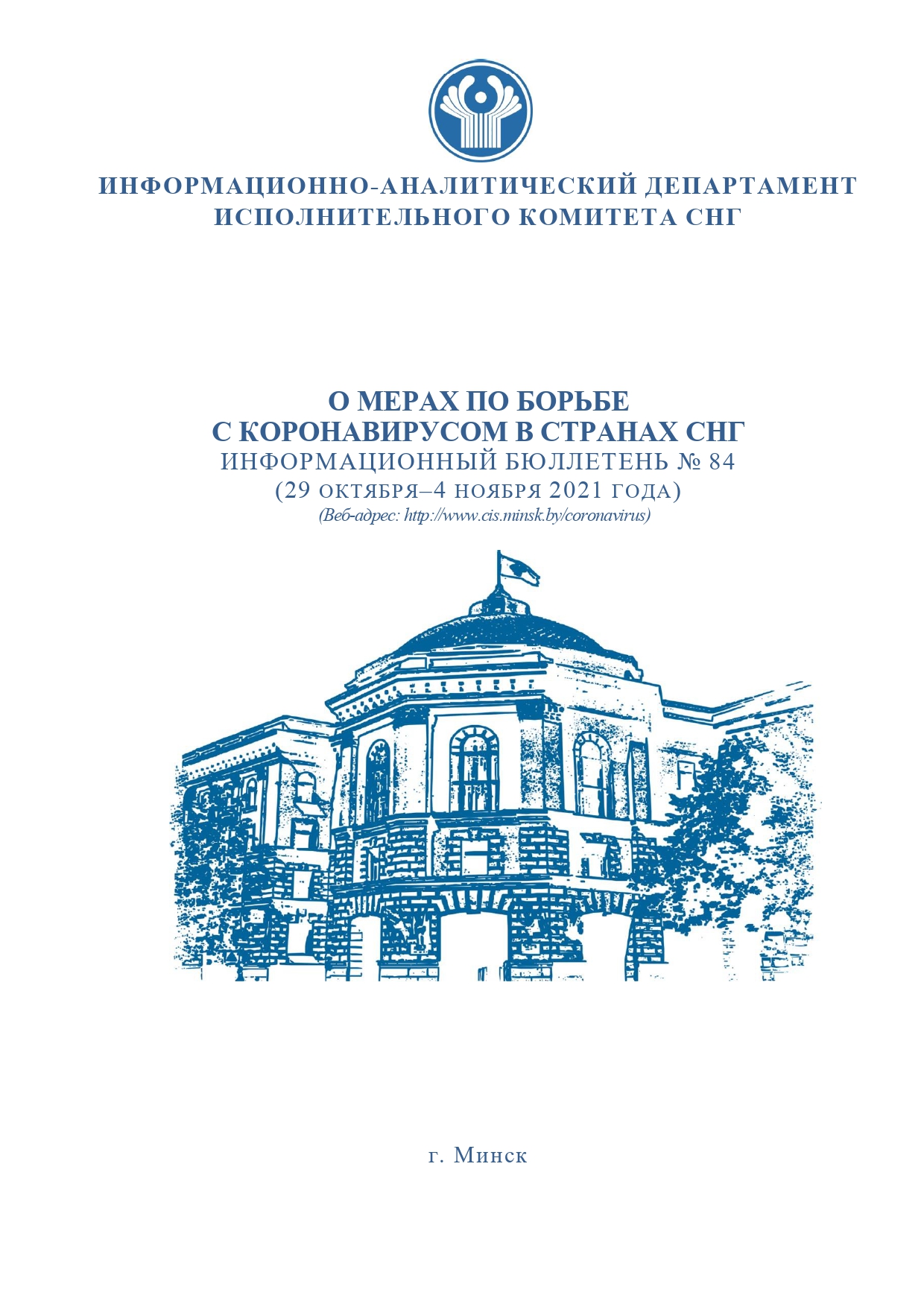
CIS executive committee bulletin from November 5 on CIS efforts against Coronavirus
CIS executive committee has released its weekly issue for October 29- Novermber 4 period of the Bulletin titled "CIS countries efforts in the fight against coronavirus disease". The Bulletin traditionally includes review of 11 CIS Member States' activities in times of...
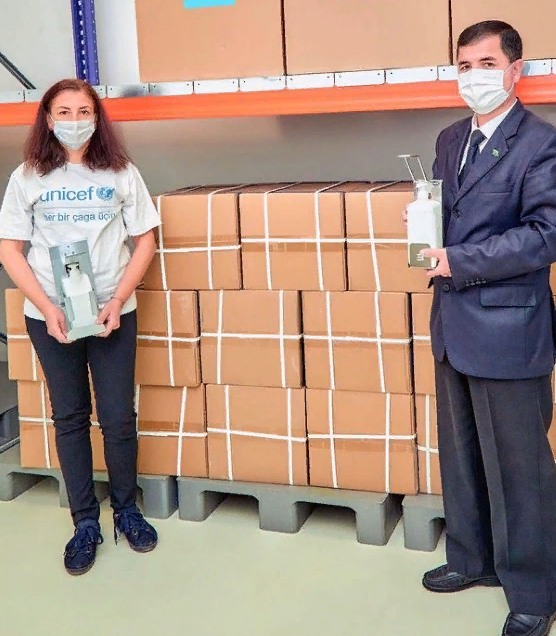
UNICEF donated $ 132,000 worth of hand disinfection dispensers to Turkmenistan
In October, the UNICEF Country Office in Turkmenistan donated 5,400 hand sanitizer dispensers to the government of Turkmenistan to support effective infection control and hygiene measures as part of the National Acute Infectious Disease Preparedness and Response Plan....

Kazakhstan made a work-plan to review fees for medical care reimbursed by the Social health insurance fund
Kazakhstan's Ministry of Healthcare has approved a work plan to develop and review tariffs (fees) for medical services provided within the guaranteed volume of free medical care and the mandatory social health insurance for year 2022. The workplan includes...

Benin: Generalized health insurance in January 2022
Benin's public health professionals are holding a meeting this Monday, November 8 at the Palais des Congrès in Cotonou, to discuss the country's plan to generalize health insurance. Called "Bénin santé 2021" (Benin Health 2021), the meeting is organized by Benin's...
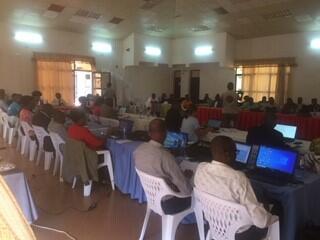
Workshop to consolidate and validate the analysis of the health financing and social protection situation in Burundi, 10-12 Nov 21 in Gitéga
From November 10 to 12, 2021, some forty national players involved in health financing and social protection in Burundi met in the political capital Gitéga. The work was divided into two sequences. First, consolidation of data and analysis of strengths and weaknesses...
Timor-leste launches the COVID-19 vaccination campaign for children age 12 to 17
Timor-Leste has launched the Pfizer COVID-19 vaccination campaign for children aged 12 to 17 years, aiming to reduce the impacts of COVID as well as to protect children and their families. The vaccination will minimize severe illness, hospitalization, and deaths...

Maldives plans to impose price ceilings on pharmaceutical drugs
To curb the government expenditure as well as household spending on medical expenses, Maldives plans to impose price ceiling on pharmaceutical drugs next year to prevent excessive pharmaceutical drug use and prescription. In addition, Maldives also plans to work on...

Bahrain issues health insurance law for universal healthcare coverage
In line with Goal three of the United Nation’s Sustainable Development Goals, ‘Good health and well-being for people to ensure healthy lives and promote well-being for all at all ages’, the Kingdom of Bahrain has introduced a universal health coverage scheme giving...

Compulsory health insurance planned for locals and expats in Bahrain
Bahrain’s National Health Insurance Scheme (Sehati) for expats is being brought in late 2020 or early 2021. Expats will be covered by insurance paid for by their employers, which will entitle them to treatment at private and public facilities. Once Sehati is launched,...

Bahrain provides full medical services and healthcare for all inmates
Bahrain's Ministry of Health extends the same standards of integrated healthcare services in line with the COVID 19 response protocol to inmates at Reformation and Rehabilitation Centres. The inmates have access to specialized medical personnel, mental health...
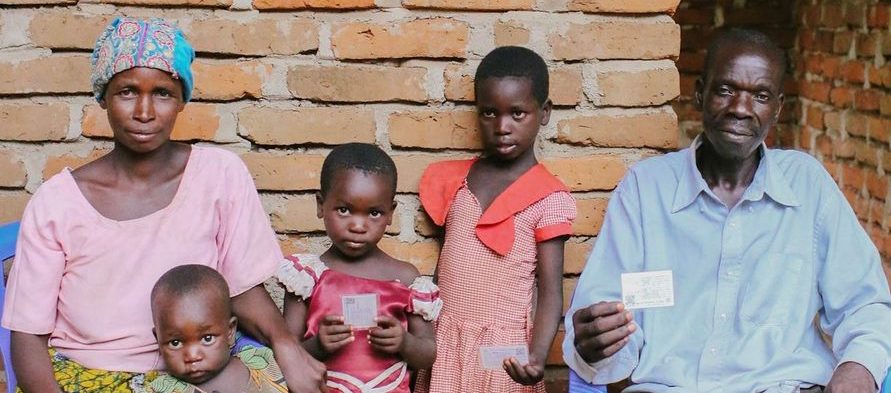
Improving Health Insurance Coverage in LMICs – Geneva Health Forum Virtual Roundtable
The Geneva Health Forum and the Swiss Tropical and Public Health Institute are pleased to invite you to the GHF Virtual Roundtable, "Improving Health Insurance Coverage in LMICs" taking place on Monday, 22 November 2021, 12:00-14:00 CET, with simultaneous translation...
International consultation to orient the development strategy of Viet Nam Social Security to 2030
https://vss.gov.vn/english/news/Pages/vietnam-social-security.aspx?ItemID=10062&CateID=198
